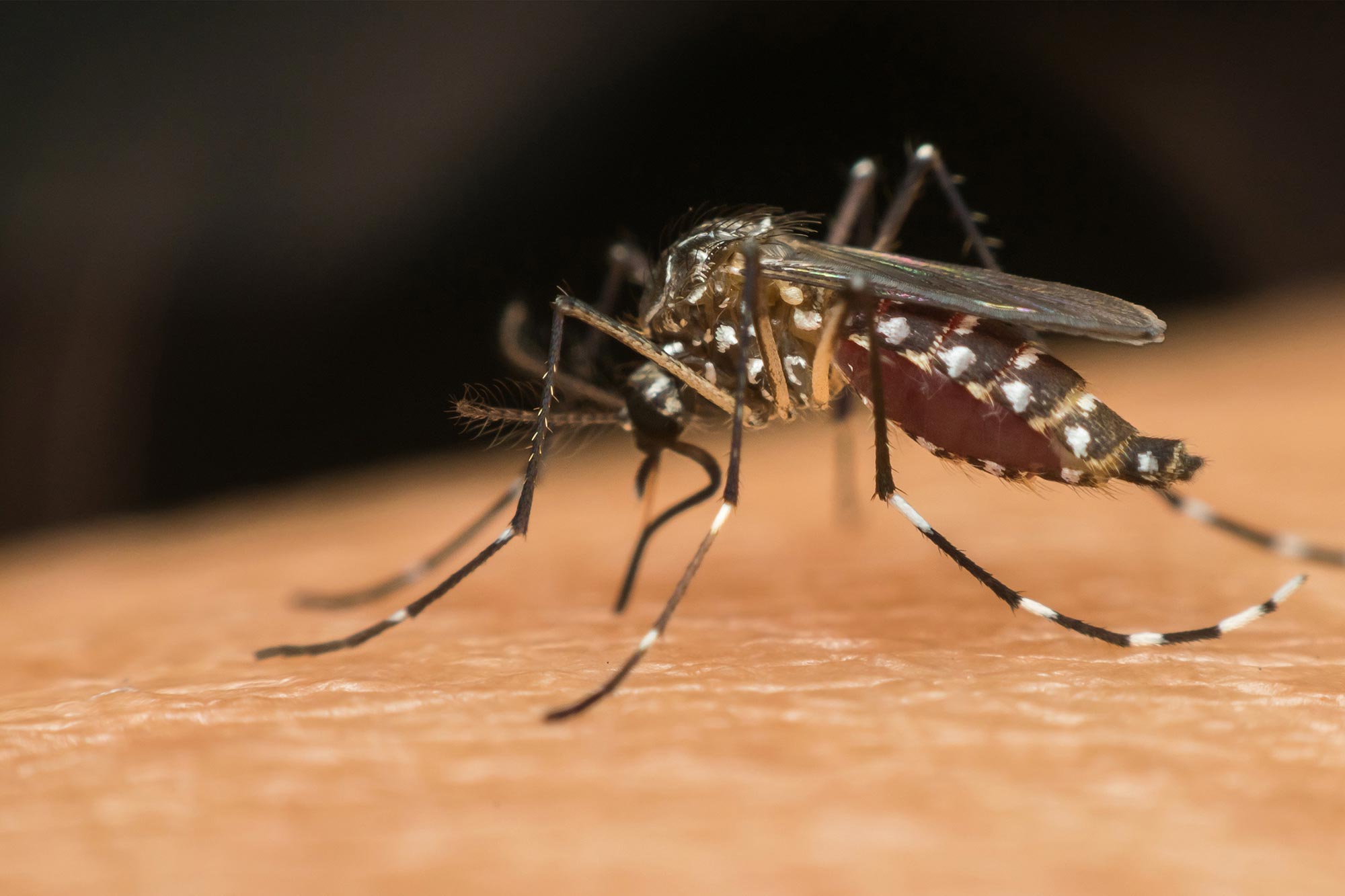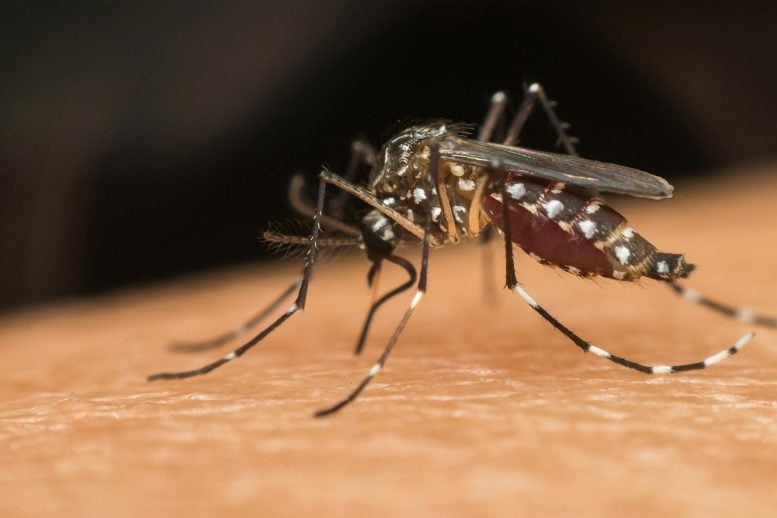

Scientists have discovered that a type of bacteria, Asaia, accelerates the growth of Aedes aegypti mosquito larvae by a day, potentially enhancing mosquito control programs.
These programs, crucial for battling diseases like dengue and Zika, release sterilized or genetically modified mosquitoes to reduce disease transmission.
Mosquito-Borne Illness and Control Programs
A new study has found that certain bacteria can accelerate mosquito larvae growth, a discovery that may support global health efforts.
The Aedes aegypti mosquito, which spreads diseases such as dengue, yellow fever, and Zika, is a target of anti-disease programs. These programs focus on breeding and releasing non-biting male mosquitoes, either sterile or modified to block disease transmission.
Compared to widespread insecticide spraying, mass release programs offer a more effective solution, especially since mosquitoes are increasingly resistant to common insecticides.
Impact of Asaia Bacteria on Larval Development Speed
In the study, researchers from the universities of Exeter and Wageningen investigated how Asaia bacteria influence mosquito larvae development. They found that exposure to Asaia bacteria sped up larvae growth by a day—an advantage that could aid large-scale mosquito breeding programs needing to produce millions of adults quickly.
“We know that every species, including humans, depends on a ‘microbiome’ – a complex mix of microorganisms living inside the body,” said Professor Ben Raymond, of the Centre for Ecology and Conservation on the University of Exeter’s Penryn Campus in Cornwall.
“Asaia bacteria have been suggested as beneficial parts of mosquito microbiomes, but this has never been rigorously tested in Aedes aegypti.
“We know that Aedes aegypti mosquito larvae can’t develop at all without a microbiome, and our study shows two Asaia species can play a beneficial role.”
The larval period of Aedes aegypti mosquitoes usually lasts about 10 days, so accelerating by a day could be a valuable boost to mass production.
Experiment: Introducing Asaia Bacteria to Larvae
In the study, Asaia bacteria were added to the water where mosquito larvae developed.
Two particular species accelerated larval development.
The mechanism for this is unclear, but it does not appear that these bacteria provided direct nutritional benefits.
Instead, they changed the wider bacterial community, reducing abundance of certain bacteria – including some species that may be slightly parasitic.
Asaia bacteria also remove oxygen – creating conditions that produce hormones to promote development.
Reference: “Asaia spp. accelerate development of the yellow fever mosquito, Aedes aegypti, via interactions with the vertically transmitted larval microbiome.” 4 November 2024, Journal of Applied Microbiology.
DOI: 10.1093/jambio/lxae261